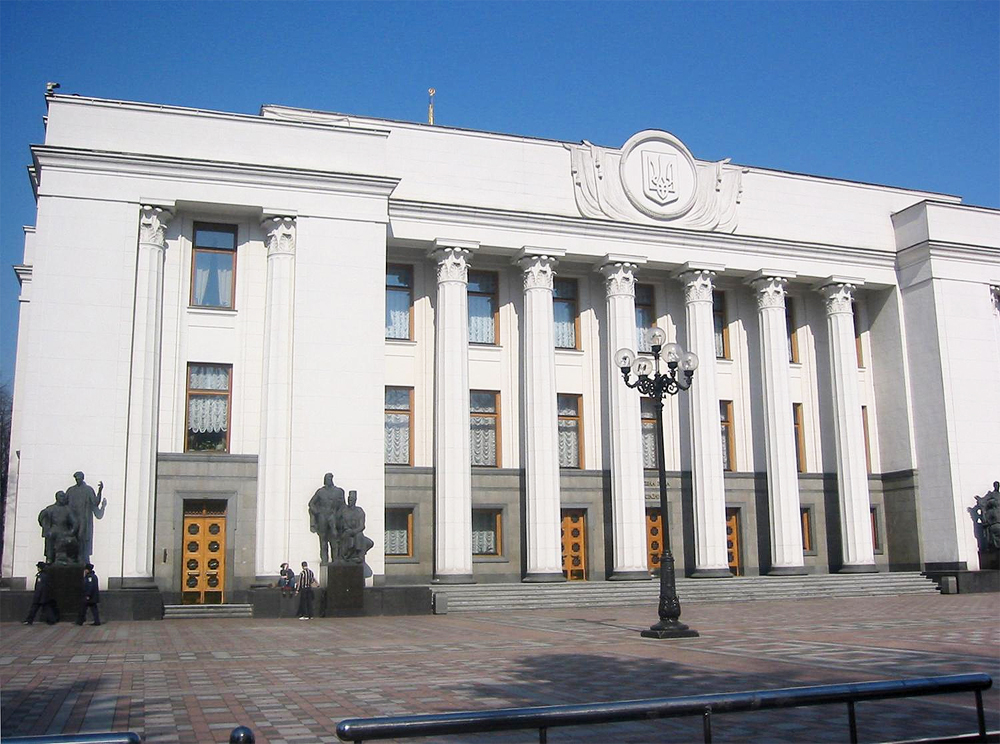Seven parties enter parliament, Poroshenko Bloc gets third of votes – survey

(Business New Europe – bne.eu – Tim Ash, Standard Bank – October 15, 2014)
Interesting poll reported by Interfax.
Predictably President Poroshenko’s For Petro Poroshenko Bloc is still riding high in the polls with 33.5% – and emerging as the new party of power.
Next up up is Liashko’s Radical Party with 12.8%, and seemingly on the rise. This is a populist/statehood party.
PM Yatseniuk’s People’s Front seems to be doing relatively well, with 8.9%, on the up compared to prior polls.
Strong Ukraine, of former Regions deputy, Serhiy Tyhipko comes in with 7.8%, again on the rise.Ê
Tymoshenko’s Batkivchyna is just over the 5% threshold to get parliamentary representation, at 5.6%, albeit Tymoshenko tends to do better in campaigns, so I would tend to think that she will get – higher poll rating than this.
Interestingly, the Opposition Bloc, led by the firebrand socialist, Nataliya Vitrenko, is coming in at 5.1%, also enough to get into parliament. Some of you may know her son, Yury, who is a senior. Anger at Naftogas with responsibility for investor relations. Seemingly Vitrenko is benefitting from votes coming from the Communist Party of Ukraine, currently banned for its support for anti-Maydan actions.
A whole host of parties then come in just below the 5% threshold with pro-NATO Civic position with 4.5%, and the nationalist Svoboda with 4%. The extreme nationalist Right Sector is polling low single digits and unlikely to get into parliament.
Of those expressing a preference, pro-Western parties seem to be polling well over 70%, against 15-20% for pro-Russian/non aligned status.
The constituency based system is likely to benefit Poroshenko’s bloc, and business interests more generally. The most likely outcome now is a majority for Poroshenko, but perhaps in coalition with Yatseniuk’s People’s’ Front.
Moscow would likely want representation by Strong Ukraine in the next government, but this is unlikely to go down well with Maydan, and any such attempt might see the emergence of Maydan III presenting yet another challenge to Poroshenko. In order to try and please everyone, Poroshenko still might try to forge a broad coalition, in some kind of government of national unity, but maybe even including Tyhipko’s bloc.
The election is due on October 26, with results expected to be confirmed a couple of weeks later, and a new government likely in place by the second half of November. Timing is important, given that an IMF mission is due in town around then to get agreement on the next review under the SBA. Any delay in forming a government could risk disbursement of IMF funds.
On the issue of debts, the message from the NBU/MOF at the IMF AGM, was “read our lips, we will pay our debts, and there will be no imminent default”. MOF Shlapak confirmed this today again, saying that a further USD250m in WB money, and EUR760m in EU credits was due before year end, while USD2.5bn or so in IMF money is due at the turn of the year, assuming the latest review is signed off after the formation of a new government. The official line hence is no new official financing is needed this year, but there might be a need for a beefed up programme for 2015.
NBU governor Gontareva was mindful to focus on net reserves of the NBU at last week’s IMF AGM, and therein, one problem remains Gazprom debts, still USD5.3bn, excluding gas payments needed to get the country thur the winter (USD1.5bn). The latter will blow a big hole in the NBU’s FX reserves ~ USD16bn in FX reserves as of the end of September, which likely have already been further depleted by official NBU intervention to stabilise the UAH.
Interesting to hear Russian foreign minister Lavrov going on the offensive this morning, arguing that Europe was being bullied by the US, and that Western sanctions would cost the German economy EUR40bn this year, and EUR50bn next. No irony was lost from the fact that his speech was given at the Ukraina Hotel in Moscow. Clearly, all efforts are being made to “divide and rule” in Europe, and to try and sow division within the Western alliance.
